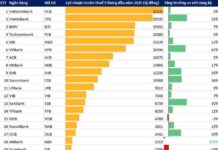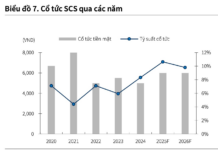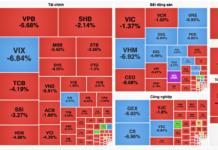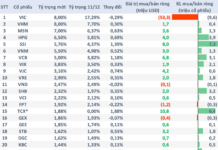
According to Resolution 104/2023/QH15 on the state budget estimate, from 1 July 2024, all financial management mechanisms and special incomes of state administrative agencies and units will be abolished to apply a uniform regime of salaries, allowances, and incomes.
The Ministry of Home Affairs said that there are currently about 134,284 officials and civil servants in state administrative management agencies and units applying special financial and income mechanisms with additional salary levels outside the common regime from 0.66 to 2.43 times.
When reforming salaries, these cases must be transferred to the new salary. If the mechanisms and policies on salary and special income are abolished, the new salaries of these officials and civil servants may be lower than before the salary reform.
The Ministry of Home Affairs has screened 36 agencies and units of a number of sectors that are no longer entitled to special salary policies. If a horizontal salary table is built, some agencies may even have their salaries reduced by 50%.
However, in the spirit of Resolution 27-NQ/TW on salary reform, the transfer of old salaries to new salaries must ensure that they are not lower than the current salary. According to Resolution 27, the new salary structure of civil servants and public employees includes: Basic salary (accounting for about 70% of the salary fund) and allowances (accounting for about 30% of the salary fund). There is also a bonus of about 10% of the total salary fund of the year.
The construction and construction sectors issue a new salary table system according to job position, title, and leadership position to replace the current salary table system. The new salary table will abolish the current basic salary level and salary coefficient and replace them with a specific amount.
The government will have a plan to retain the salary difference (no increase) for officials and civil servants working in agencies with special salary scales to promote fairness with all officials, civil servants, and public employees.
Thus, the salaries of officials and civil servants working in special agencies may remain the same and will not increase.





































